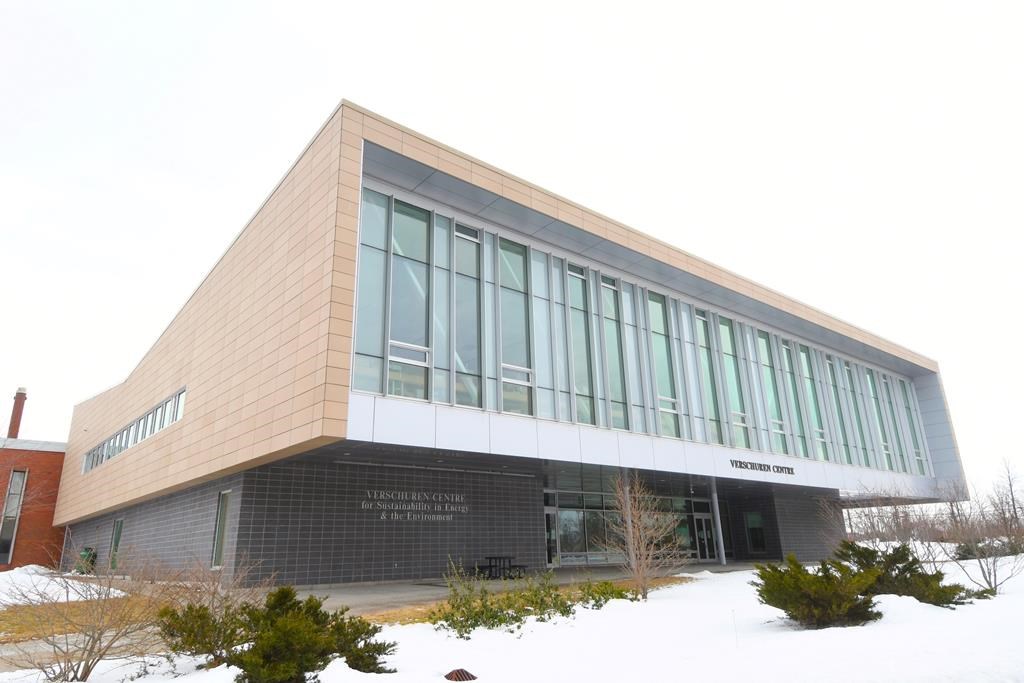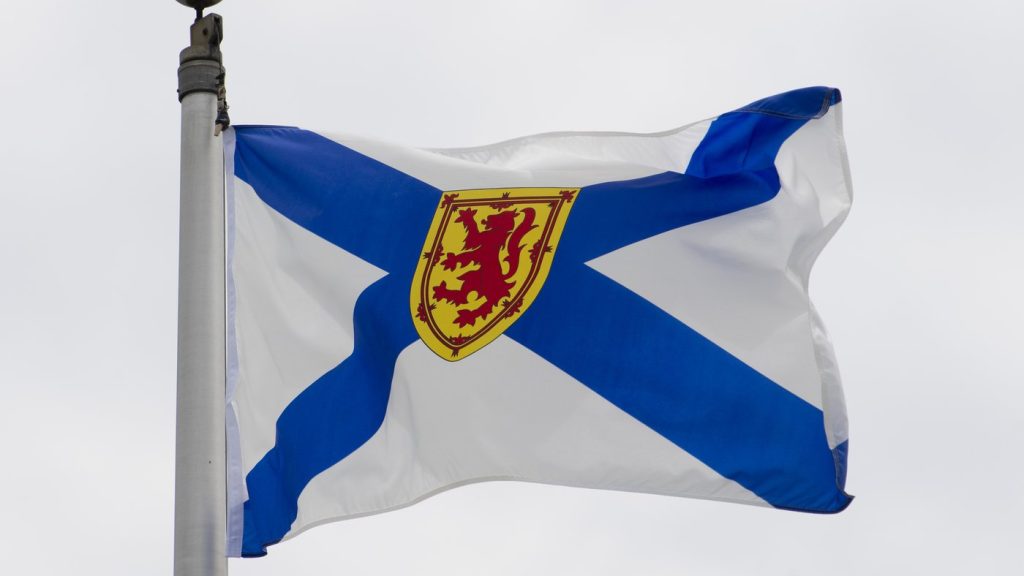Cape Breton University to lower international enrolment amid job, housing shortages

Posted Oct 18, 2023 02:15:28 PM.
Last Updated Oct 18, 2023 06:31:56 PM.
SYDNEY, N.S. — Cape Breton University says it will scale back the number of international students it admits, after a recent explosion in foreign enrolment, but it’s unclear if doing so will ease the housing and part-time job shortages in the region.
Recently released enrolment figures show that the Sydney, N.S., school grew by more than 3,000 students in the last year, in part due to the arrival of international students who had deferred taking their courses during the COVID-19 pandemic.
About 77 per cent of its 9,100 part-time and full-time students come from outside the country, with many registered in two-year business programs. In 2018, the university had about 3,500 students.
However, the popularity of the school has led to growing pains: the university has had to take over a nearby movie theatre to hold classes because of a lack of space on campus, while chronic housing and job shortages are making life stressful for many students.
In response, the school has launched a plan to “stabilize and manage growth,” its president and vice-chancellor, David Dingwall, said in a recent email to the community.
Becky Chisholm, vice-president of enrolment and student experience, said in an interview Wednesday the university plans to cap enrolment in the popular programs and that its student population will drop to 7,000 by the fall of 2027.
“We did market analysis and other work on our enrolment history and market research to understand where the university would go in terms of enrolment,” she said. “Seven thousand (students) is the number that we think that is the right size.”
In addition, the school wants to increase the domestic pool of applicants, with a goal of having 40 per cent of its student body from Canada by 2027. Chisholm said the university also wants to draw its international students from a wider range of countries.
The student union president, Sahilpreet Singh Chatha, said in an interview Wednesday that a drop in enrolment is needed, but he added that won’t solve the housing shortages and lack of part-time job opportunities for students. Chatha, who is studying public administration, said that while students aren’t living on the streets, there is a chronic lack of apartments and rents are rising.
“I don’t see any student without a roof over their head, but … it is not affordable and quality housing,” he said.
Part-time jobs are also in short supply, Chatha said, adding, “It’s a small city and a lot of students, so it’s always a struggle with part-time jobs …. There’s not too much that we can do about it.”
Amanda McDougall, the mayor of Cape Breton Regional Municipality, said the responsibility for the apartment shortage lies with the province, which she argues has been too slow to build public housing and encourage other forms of mixed-income housing.
She said the recent federal-provincial announcement of 222 new public housing units at five locations across the province won’t be sufficient to make up for three decades of letting existing buildings deteriorate.
“Here we are with this incredible opportunity for growth, and the ball was in (the) province’s court to do their job,” McDougall said. “They’re responsible for housing for the province, and they’ve completely bungled that opportunity.”
Chisholm said the school is informing incoming students that they need to have their housing “ready or secured” before they come to Canada. She said the university has announced it will build a new on-campus residence with an investment of approximately $4 million, and has recently added new kitchen facilities to an existing residence for $1.4 million.
Scott Stewart, a philosophy professor who has taught at the campus for 33 years, says even with 7,000 students, there will be a need for more rooms and space at the university’s main location, on the outskirts of Sydney.
“We’ve taken over the Cineplex theatre (in) downtown (Sydney), where we teach courses. But there’s a desperate need for more classroom space on campus,” he said.
The university’s heavy reliance on international students poses risks, he said, as the school discovered when the pandemic suddenly blocked the flow of students. International politics can also influence the number of international students who study in Canada, Stewart added.
For example, in 2018, Saudi Arabia cut the flow of scholarships to its students attending Canadian colleges after Global Affairs Canada criticized the arrests of women’s rights activists in that country.
“The international market (for students) is potentially volatile,” he said.
This report by The Canadian Press was first published Oct. 18, 2023.
— Story by Michael Tutton in Halifax.
The Canadian Press








